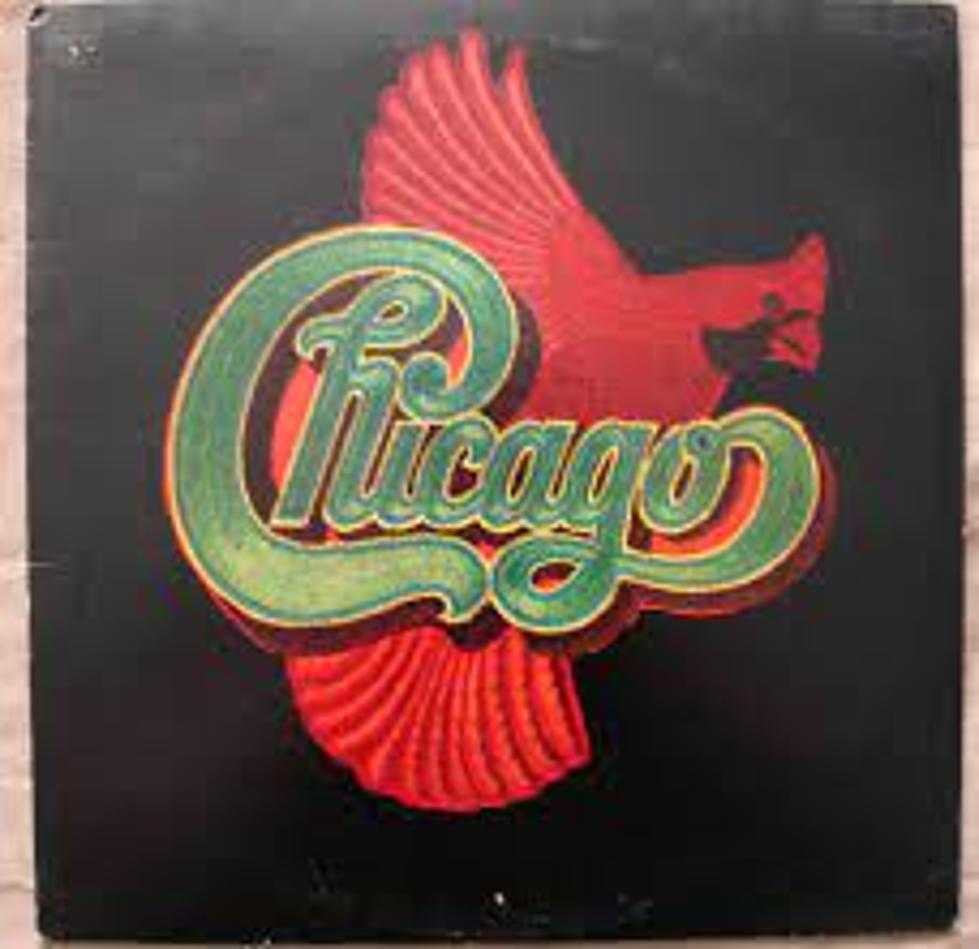
Why Queen Struggled With ‘Hot Space’ Amid a ‘Difficult Period’
Queen scored their first No. 1 album in the U.S. with 1980's The Game. Its follow-up, Hot Space, served as a reminder that once you make it to the top, there's nowhere to go but down.
The band were actually back in record stores before the end of 1980 with the Flash Gordon soundtrack, but their next proper LP would take more time to develop. It wasn't until May 1982 — nearly two years after releasing The Game — that Queen returned with their 10th studio album. As guitarist Brian May admitted, the record's somewhat protracted gestation had a lot to do with the creative dynamic in the band at the time.
“We moved out to Munich to isolate ourselves from normal life so we could focus on the music,” May later said of the period surrounding Hot Space. "We all ended up in a place that was rather unhealthy. A difficult period. We weren’t getting along together. We all had different agendas. It was a difficult time for me, personally – some dark moments."
At artistic loggerheads, Queen underwent a shift in the recording process, working piecemeal in the studio rather than hunkering down as a quartet. But as difficult as it may have been to come to a creative consensus, they still managed to move forward, tinkering with their sound and establishing a version of Queen that broke with their hit albums of the past. With Hot Space, the group tinkered with synths and dance beats, relying on spare arrangements and brass flourishes to get the songs across instead of the stacked sonics that helped make them worldwide superstars.
While it marked a departure, it wasn't entirely out of character. For one thing, Queen's sound had never been static, and the group's records were always eclectic enough to make room for all sorts of experiments. Their most recent hit, the David Bowie collaboration "Under Pressure," had also hinted at the dancefloor-friendly sound they'd embrace more fully with Hot Space. Still, this particular evolution proved a step too far for a number of fans and critics; greeted with lukewarm reviews, Hot Space proved a commercial disappointment, peaking at No. 4 in the U.K. and failing to break the Top 20 in the United States. While the set's first release, "Body Language," proved a medium hit on either side of the Atlantic, subsequent singles failed to match or build on its momentum.
The narrative that quickly developed around Hot Space was one of disappointment, and doing press while they delivered what would turn out to be their final U.S. tour, the band members wavered between defensiveness and resignation regarding the reaction to the new LP.
"We have to do what keeps our interest up," drummer Roger Taylor argued back then. "We never tried to pander to what we feel people want. A lot of people want to hear rehashes of what they liked in the past, but that would be death for us. That’s really unfair, because we have changed a lot."
Listen to Queen's 'Staying Power'
Vocalist Freddie Mercurysimilarly upbeat: "We weren't extremely disappointed. But we're conceited enough to believe that the music isn't less popular, and we are prepared to fight to show that it isn't."
That fight ultimately proved short-lived. By the band members' own admission, their next release, 1984's The Works, was something of a calculated retreat — a conscious effort to deliver something the fans would actively enjoy. It worked, setting the stage for a U.K. sales renaissance that produced four straight No. 1 albums and presaged the unlikely worldwide comeback they'd enjoy in the early '90s, but the Hot Space era would still be looked back on as a muddled time for Queen.
"We’re always pushing four different directions, not quite sure where the equilibrium position is, for balance," May said Queen: The Complete Works. "We fought about arriving at a sensible format for Hot Space, then decided to push into a very rhythmic and sparse area, disciplining out all the indulgences we’ve been used to putting in. We felt our fans would take it as another experiment. But we found we’d stepped out – at last! – from the music people felt they could expect from us."
With enough hindsight, the album has acquired a measure of appreciation in the fanbase over the years, and Hot Space arguably fit the tenor of the times less self-consciously than many of the other records of the era. Looking back, May seemed to ascribe its relative failure to a rare disconnect from the zeitgeist.
"Hot Space was a mistake, if only timing wise," May reflected in 2014. He declined to label this Queen's worst album, but added: "We got heavily into funk and it was quite similar to what Michael Jackson did on Thriller. But the timing was wrong. Disco was a dirty word."
Queen Albums Ranked
You Think You Know Queen?
More From 94.9 WMMQ










